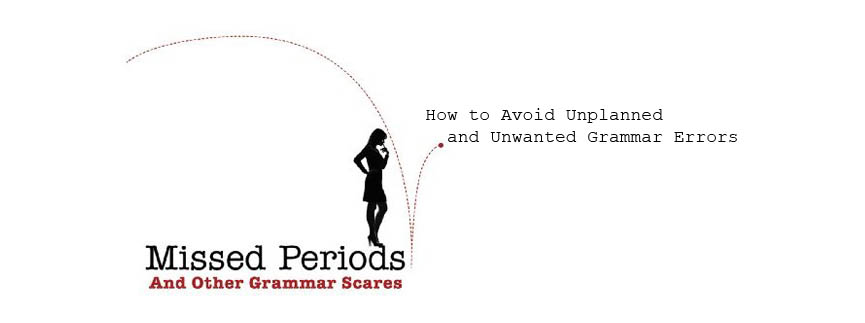 I love to do crossword puzzles, but I avoid the Friday New York Times puzzle. There’s no point.
At most, I’ll get two. Do you know
the Volstead Act opponents?
I love to do crossword puzzles, but I avoid the Friday New York Times puzzle. There’s no point.
At most, I’ll get two. Do you know
the Volstead Act opponents?
I love to watch TV, but I avoid the remote controls. I already
know that whichever button I press will not produce a screen filled with Don
Draper, Roger, and Peggy; it will produce either a blank blue screen or static.
And I love to write, but I avoid using the term “beg the
question.” I don’t know exactly what “beg the question” means, but I do know that
it doesn’t mean what I think it should mean.
It seems like it should mean “raises the question.”
For example:
She doesn’t
know how to use TV remote controls. That begs the question: how does she watch
TV?
(Answer: “Honey,
can you come here a sec? I have an emergency!”)
But it doesn’t mean that. According to Wikipedia, begging the
question is “a type of informal fallacy in which an implicit premise
would directly entail the conclusion. Begging the question is one of the
classic informal fallacies in Aristotle's
Prior Analytics. Some modern authors
consider begging the question to be a species of circulus in probando (Latin, "circle in
proving") or circular reasoning. Were it not begging the
question, the missing premise would render the argument viciously circular, and
while never persuasive, arguments of the form ‘A therefore A’ are logically
valid because asserting the premise while denying the self-same
conclusion is a direct contradiction.”
Now do you see why I avoid it?




